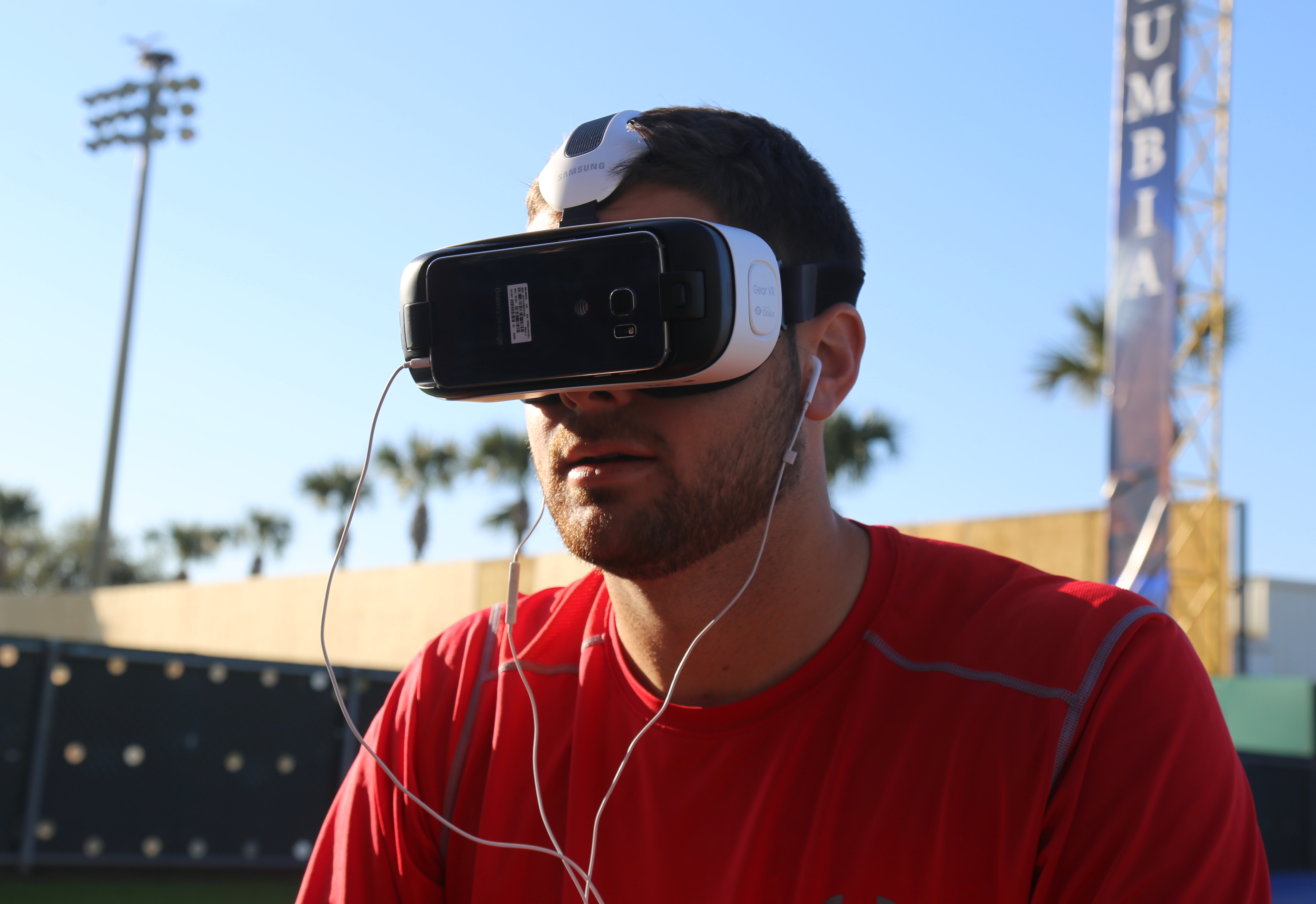Virtual Reality for Experiencing other Cultures
What is the power of virtual reality to provide you with an immersive cultural experience? The tourism industry is experimenting with VR to see if it can be used to expand their reach and entice prospective clients.
Expedia’s take on the technology is somewhat unusual. Although it has used it in films promoting travel deals to Australia, in March it started a fund-raising campaign involving virtual reality for the St. Jude children’s hospital.
Expedia “fundamentally believes that when people travel, it affects them and the world around them,” said Vic Walia, senior director of brand marketing for the company. “It has the power to transform you and shapes your views of the world. We recognize that while most of us can travel, there’s a group of kids at St. Jude who can’t.”
At Expedia’s request, the hospital identified four children it was treating for cancer who had “dream adventures,” such as deep-sea diving in Playa del Carmen, Mexico, and visiting the Monkey Jungle in Miami. Expedia sent four of its employees, equipped with 360-degree camera equipment and live-streaming technology, to these places; it then projected their live footage in a special installation at the hospital, where each child could have his or her own virtual and immersive travel experience, interacting with the Expedia employees.
The Tourism Authority of Thailand released four 360-degree videos, including one on an elephant sanctuary near Chiang Mai and another on the Khao Luang Cave in western Thailand.
One of the earliest adopters of virtual reality was Marriott Hotels, which in 2014 introduced “teleporter” booths that it took to hotels around the United States, letting guests experience a black-sand beach in Maui and the view from the top of Tower 42 in London while wearing an Oculus Rift headset.
Carnival Cruise Line chose Zach King, a star on YouTube and Instagram, to appear in a 360-degree video it released in the fall to promote its latest ship, the Carnival Vista. And this spring the Marriott Rewards and Starwood Preferred Guest loyalty programs together plan to release a series of 360-degree films on destinations worldwide that will be hosted by an as yet unidentified social media influencer.
Best Western’s strategy is more straightforward: As of last summer, it had placed 360-degree films, made with Google Street View technology, of each of its 2,000 North American hotels on YouTube. It will eventually do the same for many of its hotels overseas.
Virtual reality, said Tammy Lucas, vice president of marketing for Best Western, “fits so perfectly into the hotel space. People really want to know what they’re going to get. It offers them an opportunity to set their expectations.”
Read More
Before You Take the Trip: How About a Virtual ‘Test Drive’?
************
Want to learn more about culture and cultural training in the Department of Defense (DoD)? CultureReady.org is here to help! We are a public resource to discover specific information about various cultures and also training on cross cultural competence or general concepts that affect all cultures. If you are in the military, or support the military, or are thinking of joining the military, we welcome you to check it out! Some of our Department of Defense (DoD) oriented material is restricted to government ID holders, or password protected, but our goal is to provide you with some training that is easy to access. Cultural competence is important to military missions, the Department of Defense (DoD), and for all those who support those missions. Learning about specific cultures will help you accomplish challenging tasks in a culturally complex environment. Being ready for any cultural challenge in an important aspect of military readiness. For more information on culture readiness and training, be sure to check back to CultureReady.org
